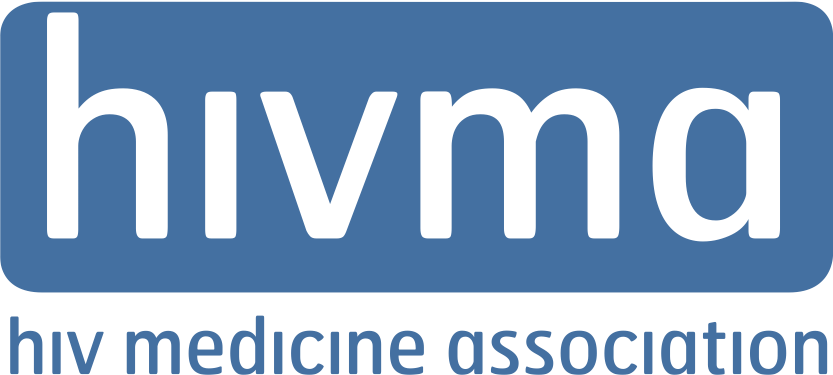HIVMA Urges Senate Not to Proceed with Affordable Care Act Repeal
07/24/2017
Statement of HIVMA Chair Wendy Armstrong, MD, FIDSA:
The HIV Medicine Association urges our senators to stand up for the health of millions of Americans, including the 1.2 million living with HIV in the United States, by rejecting the Motion to Proceed with a vote on either the Better Care Reconciliation Act or the Obamacare Repeal Reconciliation Act.
Both bills would do irreparable harm to those living with HIV and reverse important gains made in improving health outcomes not only for people with HIV but for millions of other Americans. Under the ACA, after one year, the uninsured rate dropped by 4 percent for people with HIV nationally and by 6 percent in Medicaid expansion states. In Medicaid expansions states, the percentage of people with HIV that were effectively treated increased significantly. Effective treatment improves not only individual health but reduces transmission of HIV to others, an important strategy to end the HIV epidemic.
The BCRA and the ORRA threaten progress toward controlling the domestic HIV epidemic. Federal Medicaid funding would drop by $756 billion under the BCRA and by $842 billion under the ORRA, shifting the burden to states. Under either bill, many of the more than 40 percent of patients with HIV who count on the Medicaid program will lose coverage and access to lifesaving antiretroviral drugs, as states unable or unwilling to absorb cuts of this magnitude will be forced to offer fewer benefits and cover fewer people.
In addition to undermining the Medicaid program, the BCRA would re-open the door to coverage denials and unfair premiums for people with HIV and millions of others with pre-existing conditions by allowing insurers to sell unregulated plans in the non-group insurance market; requiring individuals to pay more for health insurance that covers less; allowing states to define essential services placing at risk coverage of prescription drugs, substance use and mental health services, maternity care, preventative care, and other services critical to preventing and treating HIV, hepatitis C and opioid addiction; and ending the requirement to have health coverage. The Congressional Budget Office (CBO) estimates that these policy and coverage changes would leave 22 million additional Americans uninsured by 2026.
In addition to ending Medicaid expansion, the ORRA ends the requirement to have health coverage and does away with all premium and cost sharing subsidies resulting in an increase in uninsured Americans of 32 million by 2026. This higher uninsured rate is in part due to the CBO’s estimate that premiums in the non-group market would rise by 25 percent in 2018 and double by 2026, and that nearly half of Americans would live in areas that would have no insurer participating in the non-group market by 2020.
As medical providers caring for underserved and lower income patients, we see first-hand the high cost of being uninsured in the United States. Uninsured patients are more likely to present late with conditions like HIV that are manageable when diagnosed and treated early, leading to shorter life expectancies, higher healthcare costs and lost productivity.
We urge our Senators to consider the health needs and quality of life of their constituents. Vote no on the Motion to Proceed and reject the Better Care Reconciliation Act or the Obamacare Repeal Reconciliation Act. Start over on bi-partisan solutions that will leave more Americans with health coverage rather than leaving millions more uninsured. Do not reverse the progress made in reducing new HIV infections and improving health outcomes for people with HIV by restricting access to health care. Doing so will cost lives and money and compromise efforts to dramatically reduce the impact of HIV on people in the United States for many years to come.

